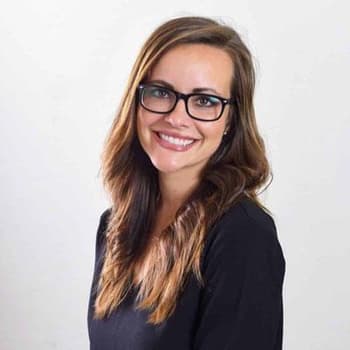“Don’t do it.” John Cooper Clarke (known as Alice Cooper) has this important message about heroin addiction, saying the best prevention is never starting.
John Cooper Clark is a performance poet who first became famous in the late 1970s. He explains in aninterviewwith the British Broadcasting Corporation that hisaddiction to heroinwas a defining element of his life for several decades.
His advice to people who are tempted to use heroin: don’t.
In the interview, he explains that it is too good and too devastating. Addiction was an incentive for him to earn money and quitting heroin, he explains, was difficult. He now says never using the drug is the best decision to make.
The Grip of Heroin Addiction
Each person who struggles with addiction has a story.Addiction storieslike Clarke’s can offer a warning to people who underestimate the serious nature of drug use or who use drugs recreationally. They can also be powerful sources of inspiration and education.Heroin addiction storiesare not hard to find, as heroin is highly addictive. In Clarke’s case,heroin addictionovertook his life and cost him dearly.
Treatment Can Be Life Changing. Reach out today.
Whether you are struggling with addiction, mental health or both, our expert team is here to guide you every step of the way. Don’t wait— reach out today to take the first step toward taking control of your life.
For powerful andaddictive drugs like heroin, abuse may progress as tolerance increases. As the body adjusts to these drugs, it can begin to require more of the substance to achieve the desired experience or state of mind.Drug toleranceoften moves into dependence. In dependence, the person using drugs begins to feel normal when they are on drugs, and in need or unhappy when they are not. This can then lead to addiction.
This is a journey that can quickly overtake someone’s life and that’s why Clarke’s message to not start doing drugs is such a powerful one. As someone who understands the hold that drug abuse can have on a life, there are many ways his message can be helpful topeople who are struggling with addiction.
Quitting Heroin is Not Easy, But Can Be Done
Clarke describes quitting heroin as both gradual and sudden. Heroin is highly addictive and can have an intense effect on the body.Quitting heroin cold turkeymay be impossible for many people. Seeking treatment in a facility with trained medical professionals is a safe and more comfortable way to detox from heroin. They can help you manage any symptoms of withdrawal and support your throughout the detox process.
For anyone wondering, “Is it possible to quit heroin?” the answer is an overwhelming yes, even if it’s not easy. Addiction treatment facilities are available in every area of the country and it is never too late to seek help.
Heroin Addiction Prevention
According to the National Safety Council, drug poisoning is thenumber onecause of unintentional death in the United States.Substance abuse prevention isan important way officials and community leaders nationwide approach the prevalence and growth of addiction.
There are many ways in which policymakers have responded reactively to drug crises. However, it’s equally important to work toward proactive approaches that prevent drug use, rather than combating a subsequent addiction. Proactive approaches include steps like:
- Reduce opioid painkiller use:Addiction toopioid painkillersis an epidemic in the United States, claiming the lives of as many as130 peoplea day. The federal government and many states are researching alternatives to opioid painkillers that may not be as addictive. Prescription opioids can lead to addiction, so reducing the supply of these drugs and developing new non-opioid or other alternative painkillers mayprevent future addictions.
- Seek support during times of transition:Significant life events and changes can be vulnerable times for someone who is struggling with or on the brink of an addiction. Noticing when you or others may need extra support can be an important step towards preventing addiction orrelapse. There are many support groups or other therapy settings that can help provide support through a transition or other vulnerable time.
- Don’t do it:When people share theirpersonal stories of heroin or other addictions,it helps prevent others from going down the same paths. People who have never done drugs can benefit greatly from hearing about the damage of addiction and the recommendations of people whose lives have been negatively impacted. Ultimately, not doing heroin is the best way to prevent a heroin addiction.
Heroin Addiction Treatment
Heroin addiction treatmentis available for people who are struggling with the drug. Getting help forheroin addictioncan be the most meaningful step someone takes to finding long-term sobriety.
Addiction recovery services are available nationwide in every community. Facilities like The Recovery Village can provide meaningful help for people struggling with addiction.Our facilities serve communities from Florida to Washington, specializing in a range of addiction recovery services. Contact us today to speak with one of our caring representatives who can discuss your specific needs and a treatment plan that meets them.








